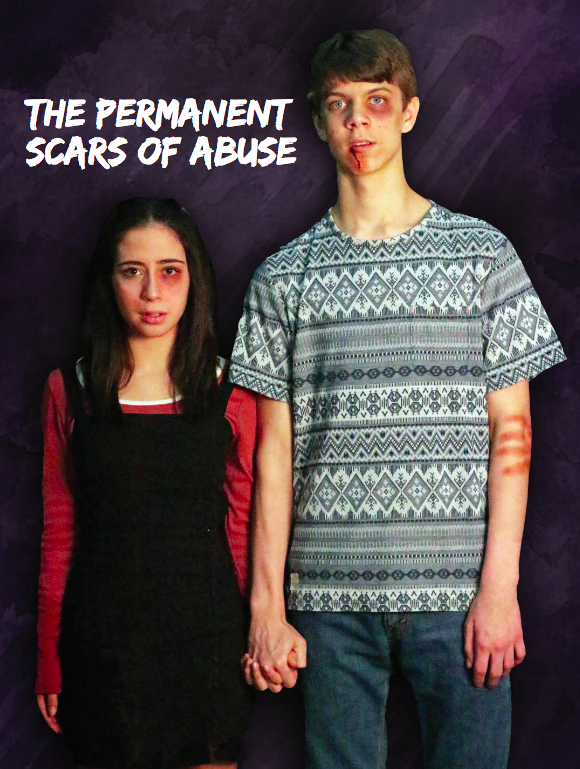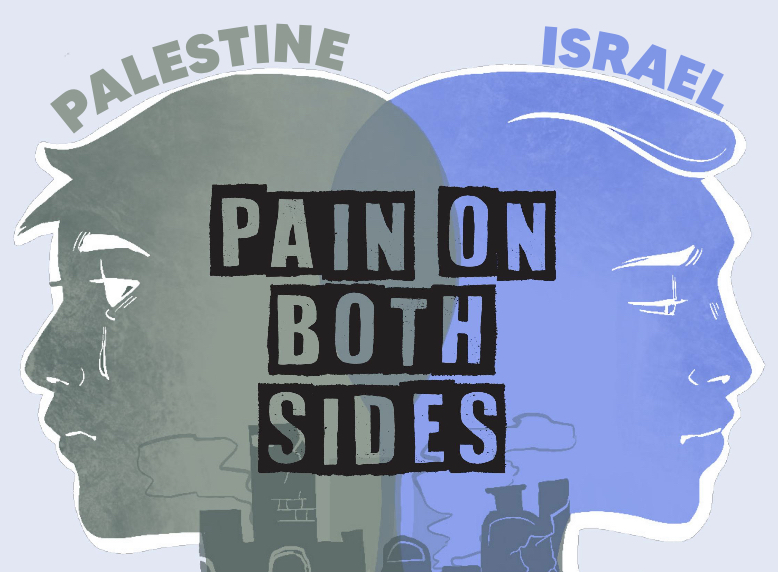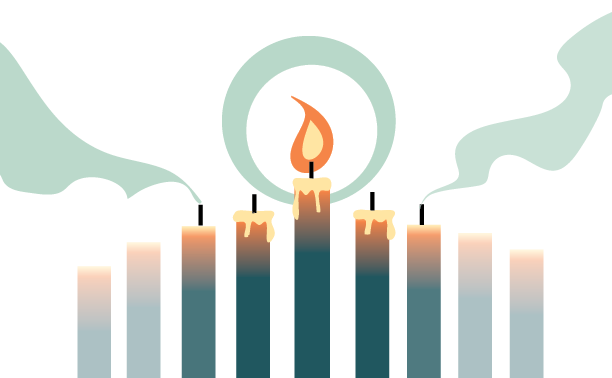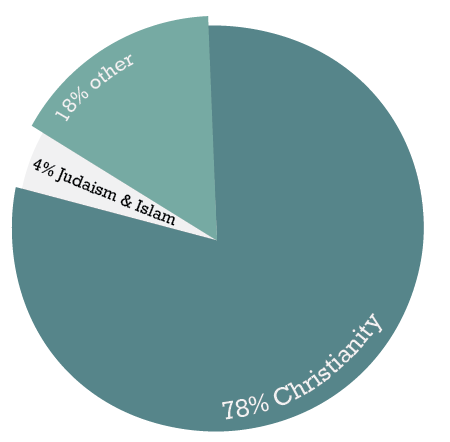Editor’s note: this story won second place for editorials in the Press Women of Texas high school contest.
Being controlling, possessive or violent are red flags that appear early in abusive relationships. One third of U.S. teens have been victims of physical or emotional dating abuse according to National Domestic Violence Hotline. Though these numbers are high, domestic violence still remains one of the most unreported crimes. Seemingly small behaviors may seem harmless but in reality are dangerous warning signs. It is important to look for these signs in friends’ relationships, as well as your own. Taking early action against domestic abuse rather than ignoring it is a necessary step towards minimizing this epidemic.
It is necessary to discuss red flags with others as soon as they are noticed because it can be a heavy burden for victims to try and solve the issue themselves. Chipping away at the victim’s self-esteem can quickly escalate into prohibiting victims from making their own decisions. Small hits or slaps can manifest into forced sex or intimidation with weapons. The longer these behaviors are excused, the more powerful the abuser becomes, resulting in more manipulative actions or violent situations. Victims tend to over dramatize the good qualities of their abusers while simultaneously downplaying the bad. This allows the abusers to disguise their controlling behavior as concern for their partner’s well-being. Being with an abuser can also lead to suicidal thoughts or PTSD. Discussing the severity of these behaviors and their consequences will likely result in the victim forming healthy decisions on how to escape and move on from the toxic relationship.
It can be difficult to watch a loved one go through an abusive relationship. Not knowing how to support them may create frustration. While it may be easier to avoid getting involved, ignoring the issue is not the answer, particularly when the victim struggles to reach out for help. The support of others might be the victim’s lifeline.
Realizing the severity of their situation might create the idea that they have to be “saved.” In reality, the best thing to do is bring it to the attention of an adult. Teens and young adults often feel reluctant to reach out to an adult out of fear and lack of trust, but notifying a parent, teacher or counselor will ensure that victims will have appropriate resources to contact in an emergency.
No matter one’s history or upbringing, there is never an excuse for abuse. Many victims of domestic abuse stay in a relationship by making up justifications for their abuser, but this only further encourages their partner to continue this unhealthy behavior. It is important to note that while someone may have been brought up in a household where abusive behavior was acceptable, this gives them no right to mirror the same violence towards others.
Often undiscussed, but still equally prominent, are male victims of domestic abuse. One in four men have experienced some form of physical violence from a partner in a relationship—nearly equivalent to the one in three women affected. Domestic abuse is commonly viewed as a gendered crime, but CDC surveys have shown that men make up more than 40 percent of victims from domestic violence. The misconception that men are rarely victims of abuse needs to be understood in a broader context to recognize the normality and severity of their abusive environment.
Regardless of the severity of one’s abusive situation, it is important for both the victim and their abuser to report any harmful behaviors and actions. While it may be difficult to do, taking small steps towards addressing abuse are still impactful. Simply talking with the victim or abuser about manipulative behaviors in their relationship may lead to the situation healing itself or ending before it turns into violent or criminal activity. These discussions are important to have at a young age to prevent the normalization of red flags before someone could enter a toxic relationship or marriage at an older age. Whether you are directly affected or not, it is essential to find your own voice against dating abuse and encourage others to do the same.












